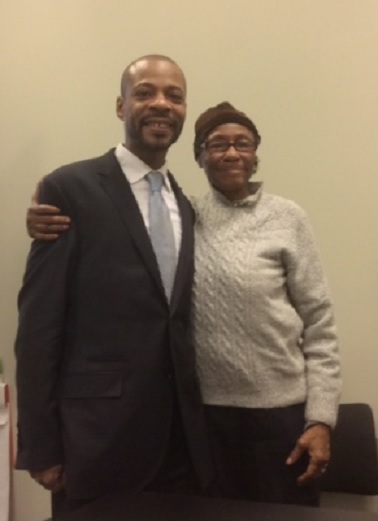Dear Commons Community,
In response to an article commenting on how Vietnam “walloped” the United States and the European Union countries on the latest PISA test results, Diane Ravitch commented on the value of these tests to predict anything other than performance on tests.
“In a newly released summary of PISA test scores, students in Vietnam had higher test scores than their 15-year-old peers in the U.S. and most European Union nations.
For some in the U.S. media, this will set off alarm bells, produce hand-wringing, and provoke fears of “a Sputnik moment,” arrived again.
A Vietnamese newspaper reported:
“Vietnam ranked 12th out of 76 economies in a new global education survey, overtaking the US and many EU countries, international media reported Wednesday.
“The rankings by the economic think tank OECD were based on 15-year-olds’ performance in maths and science tests. The US placed 28th while most of the EU, including Denmark, Sweden and the UK were outside the top 15.
“Asian economies dominated the top positions. Singapore took the top place, followed by Hong Kong, South Korea, Japan and Taiwan, BBC reported.”
Andreas Schleicher of the OECD said the survey showed that Asian nations excel because they have excellent teachers with high expectations. “There’s a lot of rigor, a lot of focus and coherence,” he told BBC.” And he said that the test scores predicted future economic growth.”
However, in a 2013 interview, Vietnam’s deputy education commissioner took issue with Schleicher’s assessment of the PISA results:
“Nguyen Vinh Hien, Deputy Minister of Education and Training, told Tuoi Tre (youth) newspaper on Friday that the Program for International Student Assessment, or PISA, does not assess students’ overall competence…
“Even though PISA’s 2012 results, announced early this week, ranked Vietnam over many wealthy western countries, including the US, in math and science, “we have to be honest and admit that if fully assessed, Vietnamese students’ capacity is still poor,” Hien said….
“Dr. Giap Van Duong also wrote in the newspaper that compared to “the four pillars of education” prescribed by UNESCO–learning to know, learning to do, learning to live together, and learning to be–PISA targets only a small part of the first pillar.
Duong holds a doctorate in physics and used to work with universities in England and Austria.
“He said PISA tests were limited because they use 15-year-olds as their subjects. At that age, students are still immature and their knowledge is far from meeting the demand of practical fields like business, administration, culture, and arts, he said.
“If the test targeted older people such as 20-year-old university students or 30-year-olds who are working, Vietnam’s results would “definitely” be much lower, according to Duong.
“In fact, many Vietnamese students fail to land a job after graduation. When they study overseas, many have difficulties in meeting the requirements of advanced education systems like team-work, problem solving and creativity, he said.”
“Duong went on to quote the Asian Productivity Organization’s 2012 report as saying that Vietnamese people’s productivity is about 20 times lower than that of American people.”
Duong added:
“Vietnamese education’s focus is on learning to pass exams. The whole system operates to serve only one purpose: exams.”
“Students here take exams to enroll in the first grade, the sixth-grade, the tenth-grade, and then universities, and every exam is “tense” and “competitive,” the scholar said.
“The tradition of learning to pass exams” is typical of Confucian education systems and is also found in other Asian countries like China, Japan, Singapore, and South Korea, he said.
All these countries ranked high in PISA tests, although their development is on par with or lower than that of the US and western countries.
This indicated that the tradition probably affected the tests’ results, Duong said.
“He noted that among countries with Confucian traditions, Vietnam ranked the lowest, so there was no reason to be happy about the country’s ranking.”
Ravitch concluded:
“The international tests are vastly overrated. It is not clear that the test-taking skills of 15-year-olds predict anything at all about the future of the economy. When the first international test of math was offered in 1964, 12 nations took it. The U.S. came in next to last in eighth grade and dead last in twelfth grade. Yet over the next fifty years, the U.S. economy outperformed the other 11 nations. The test scores predicted nothing at all.
As the Vietnamese deputy commissioner said, PISA measures only one dimension: test-taking skills. Whatever value the standardized tests have is overshadowed by the collateral damage they do to the quality of education and to the standardizing of young minds.
What matters most today is the liberation of minds to be creative, imaginative, compassionate, and collegial. The world is in a mess and we don’t need more fiercely competitive, me-first people. We need thoughtful and knowledgeable people who know how to resolve conflicts.
Above all, we need the one quality that the international tests can’t measure: Wisdom.”
Tony





